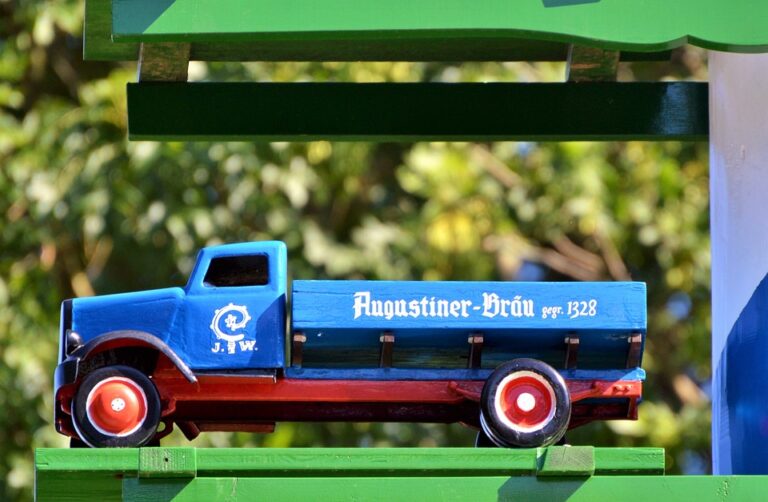
Attention-Deficit/Hyperactivity Disorder (ADHD) is a neurodevelopmental disorder that affects both children and adults. It is characterized by symptoms of inattention, impulsivity, and hyperactivity. According to the American Psychiatric Association, it is one of the most common mental health disorders in children, with an estimated prevalence of 5-7% worldwide.
Understanding and supporting children with ADHD can be a challenging task for parents, educators, and healthcare providers. It is important to recognize that ADHD is not a result of bad parenting or lack of discipline, but rather a complex neurobiological condition that requires specialized treatment and support.
One of the key components of managing ADHD in children is early diagnosis and intervention. It is essential for parents and caregivers to be aware of the signs and symptoms of ADHD, which may include difficulty focusing, organizing tasks, following instructions, and controlling impulses. If a child exhibits these behaviors consistently and across different settings, it is important to seek a comprehensive evaluation by a qualified healthcare professional.
Once a diagnosis of ADHD is confirmed, a multidisciplinary approach to treatment is recommended. This may include a combination of medication, behavioral therapy, educational interventions, and lifestyle modifications. It is important for parents and caregivers to work closely with healthcare providers to develop a personalized treatment plan that addresses the specific needs of the child.
In addition to medical treatment, it is important to create a supportive environment for children with ADHD. This may involve implementing structure and routines, providing positive reinforcement for desired behaviors, and setting clear expectations and boundaries. It is also important to educate family members, teachers, and other caregivers about ADHD and how to effectively support and accommodate children with the disorder.
Furthermore, it is important to promote self-awareness and self-advocacy in children with ADHD. Teaching them strategies for managing their symptoms, such as using visual cues, breaking tasks into smaller steps, and practicing mindfulness, can help them improve their self-control and self-regulation skills. It is also important to encourage children with ADHD to develop their strengths and interests, and to provide them with opportunities for success and positive reinforcement.
In conclusion, unpacking ADHD and understanding and supporting children with the disorder requires patience, empathy, and a collaborative approach. By working together with healthcare providers, educators, and caregivers, it is possible to help children with ADHD thrive and reach their full potential. With the right support and interventions, children with ADHD can lead fulfilling and successful lives.
Younger Glowing Skin - Discover Ancient Ayurvedic Secrets at DoctorIndiaHerbals.com
Explore One of the Largest Collections of Dinosaur-Themed Toys, Games, Gifts, Decor, and More at DinoAvenue.com
Discover Premium Design Elevator Shoes for Men and Women at LondonCobblers.com
Discover Hidden Family Destinations for Vacations at Places.Travelz.io
Find the Best Deals on Airfare and Hotels with Advanced Metasearch Technology at www.Travelz.io
30% off on Kids items
STEM science experiments for Kids
Premium Science Toys and experiments